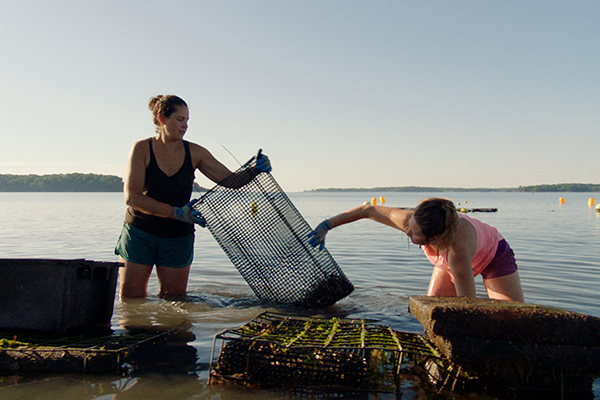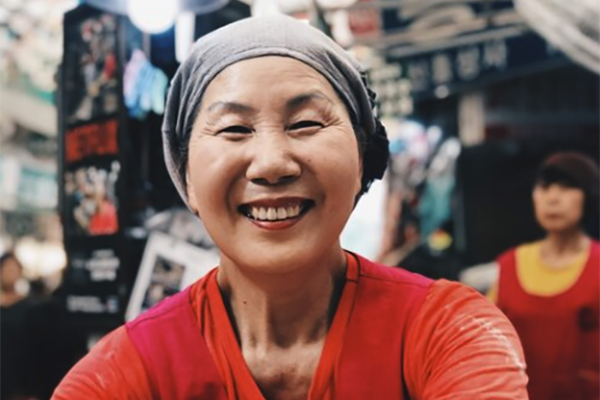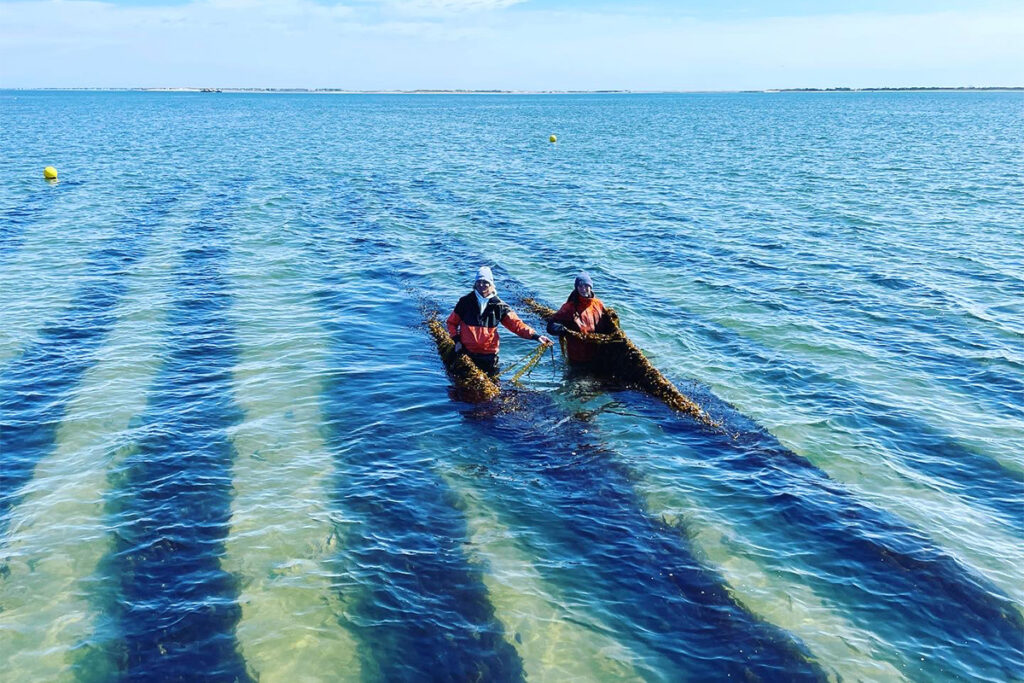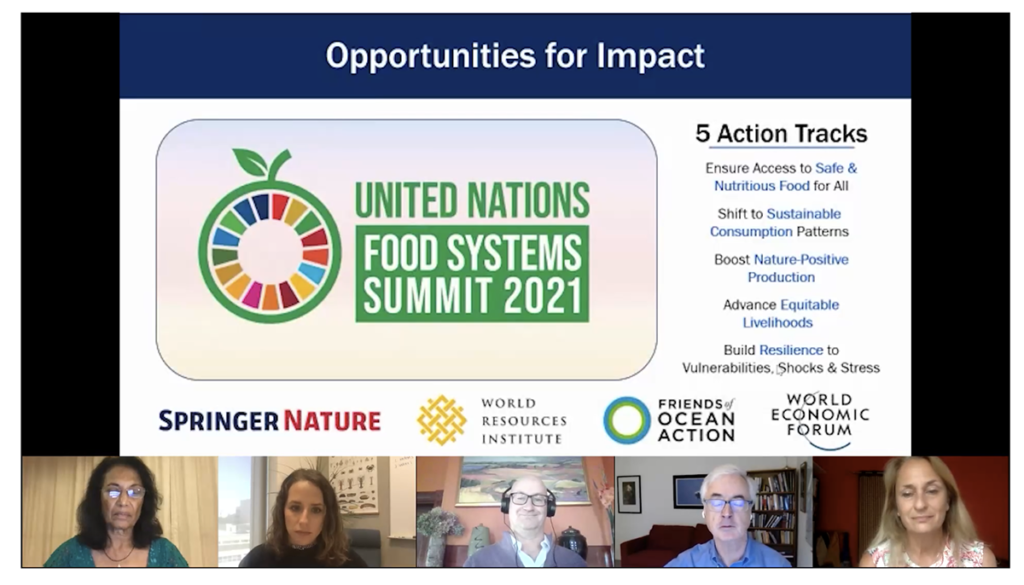Study indicates women in fisheries are undervalued and underpaid

Many women working in the fisheries industry are being overlooked as new technologies are introduced to address climate change and economic challenges, concludes a new study published in Nature Food.
Research from the University of East Anglia (UEA) highlights that women make up 50 percent of the workforce in post-harvest fisheries and aquaculture. Despite their crucial role, their contributions are often unrecognized, and they are frequently unpaid or underpaid, with their work often considered an extension of household chores.
“Given the large number of people, in particular women, engaged in post-harvest activities globally, this review sought to better understand how processing technology and technical change have impacted those engaged in this sector, and how labor, resources, power and decision-making are influenced and change in this process,” said Nitya Rao, lead author and UEA Professor of Gender and Development and Director of the Norwich Institute for Sustainable Development.
Fisheries and aquaculture are important sources of livelihood, food and nutrition for many of the world’s poorest, supporting worldwide about 67 million people directly and about 492 million people indirectly. Fisheries and aquaculture provide about 17 percent of animal-source protein for human consumption, yet more than a third of global fisheries and aquaculture harvest is lost or wasted.
“In the context of climate change and other economic pressures, we are witnessing a rapid development of post-harvest technologies to enhance productivity and efficiency, reduce loss and waste, and ensure quality,” said Rao. “Yet without addressing the social justice dimensions of these changes, there is a risk that this may exacerbate pre-existing and persistent inequalities.”
The research team reviewed 42 studies from 55 locations in India, Bangladesh, Cambodia, the Philippines, Japan, Canada, the United States, Mexico, Brazil, Norway, Ghana, Nigeria, Tanzania and Zambia. They found that women face disadvantages with both traditional and modern technologies, particularly in controlling resources. They often lack access to social protections like minimum wages, health insurance, and transportation due to their positions in lower-level jobs.
As businesses adopt more advanced technologies, women frequently have less influence and face greater inequities due to limited resources, education, social norms and caregiving responsibilities. In large-scale factories using advanced tech, women and migrant workers often have lower status, temporary jobs with lower pay, fewer rights and exposure to health hazards.
In traditional settings, while women may have more flexibility and control, these methods are often less productive. This creates a trade-off between productivity, income and gender equality.
“Aquatic food is a key component of our global food system, particularly for seafood-reliant nations such as the large ocean states, and demand for aquatic products is forecast to grow,” said Dr. Julie Bremner, study co-author and marine ecologist at the UK Centre for Environment, Fisheries and Aquaculture Science. Sustainability of these foods depends not just on their environmental and economic footprints, but also on their social equity footprint.”
The review suggests that fisheries policy should cover the entire aquatic food system, including post-harvest processing and consumption. It calls for more research on how various technologies impact different groups, including women, the elderly and migrants. Additionally, it emphasizes the need to include diverse voices, particularly those of women and migrant workers, in policymaking and investment decisions related to post-harvest processes.
“Our review shows there is a way to go yet on the equity element, but there are opportunities waiting to be grasped,” said Bremner.
Now that you've reached the end of the article ...
… please consider supporting GSA’s mission to advance responsible seafood practices through education, advocacy and third-party assurances. The Advocate aims to document the evolution of responsible seafood practices and share the expansive knowledge of our vast network of contributors.
By becoming a Global Seafood Alliance member, you’re ensuring that all of the pre-competitive work we do through member benefits, resources and events can continue. Individual membership costs just $50 a year.
Not a GSA member? Join us.
Author
Tagged With
Related Posts

Responsibility
‘Walk in like you own the place’: How inequality continues to impact women in aquaculture and the obstacles to change
The Women in North American Aquaculture Summit examined equal opportunity for women in aquaculture, barriers to participation and inequality solutions.

Responsibility
SAGE launches Gender Equality Dialogues for the seafood industry
The dialogues aim to identify the key barriers to gender equality in the sector and provide the tools and information needed for change.

Intelligence
Meet the woman who’s pioneering commercial kelp farming in New York
Former professional basketball player Sue Wicks launches New York’s first commercial kelp farm, spearheading a growing industry for the state.

Responsibility
A wider view: At GOAL, focus steers to fisheries, food systems and the future
During the virtual event, researchers discussed the importance of aquatic foods, which billions worldwide rely on for protein and micronutrients.



